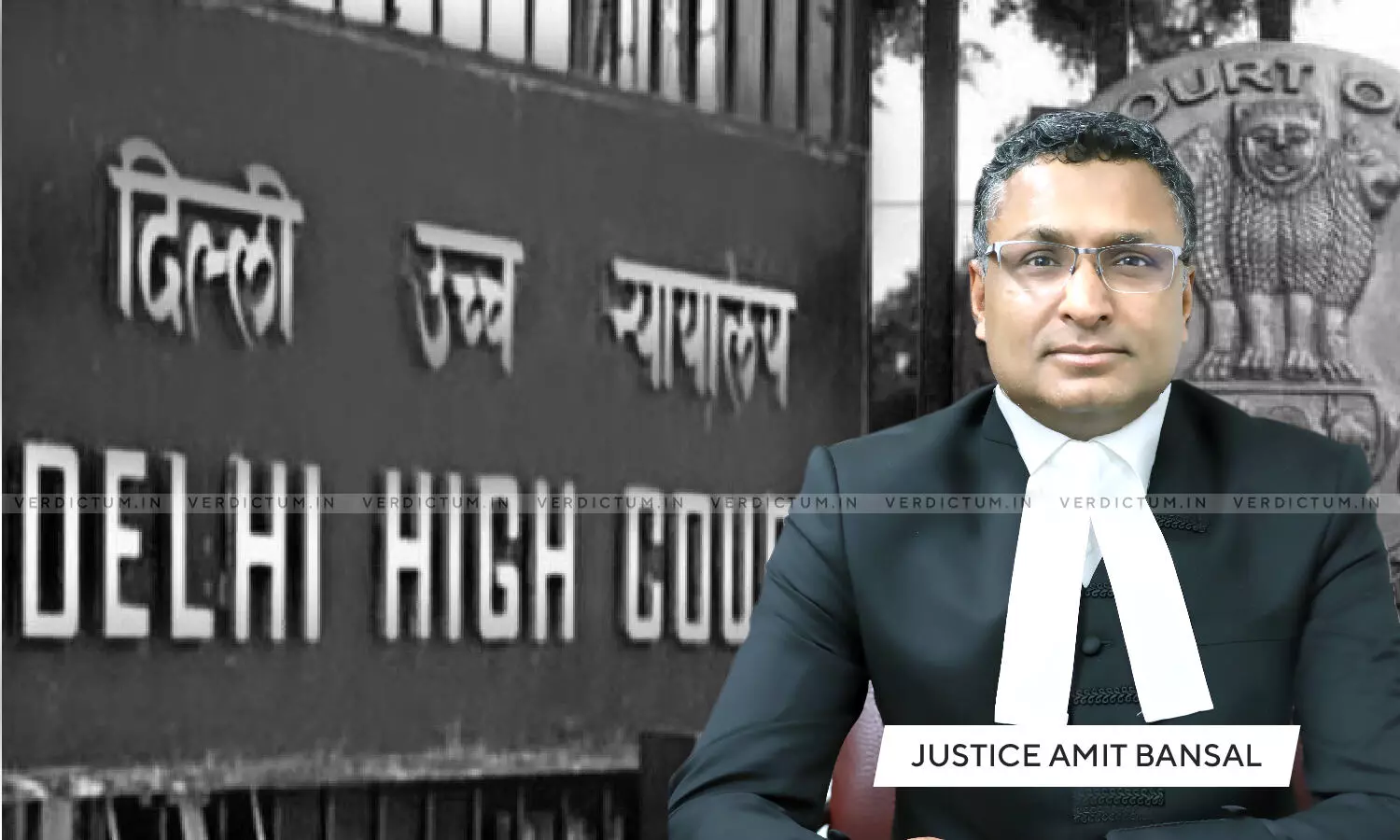
STANDARD And STANDARO Deceptively Similar - Delhi HC In Havells TM Infringement Case
 |
|The Delhi High Court has confirmed an injunction against the use of "STANDARO" as it was deceptively similar to "STANDARD", a well-known trademark, registered under Havells.
A bench of Justice Amit Bansal was hearing an application under Order XXXIX, rules 1 and 2 instituted by the Plaintiff, who was seeking a permanent injunction against the Defendant from infringing/passing off, the trademark, copyright, logo, trade dress of the plaintiff, and other ancillary reliefs.
The facts that led to the filing of the application were that the Plaintiffs are in the business of electrical products, including switch gears, fuse gears, cables, insulation wires, miniature circuit breakers, and were using the mark ''STANDARD''. Plaintiff's mark 'STANDARD' had been declared a well-known mark under Section 11(6) of the Trade Marks Act, 1999 by the High Court via order dated 8th March 2016. In 2019, Plaintiff came across Defendant using the mark "STANDARO'' and they too were in the business of same electrical products.
Thereafter a suit was instituted by Plaintiff. Plaintiff was granted an ad-interim injunction against Defendant on 17th January 2020. The Court was confronted with the application filed on behalf of the Plaintiff under Order XXXIX Rules 1 and 2 of the Code of Civil Procedure, 1908 (CPC) for grant of an interim injunction pending the disposal of the suit and the application filed on behalf of the Defendant under Order XXXIX Rule 4 of the CPC seeking vacation of the ex parte ad interim injunction granted on 17th January 2020, in favor of the Plaintiff.
Counsel for Plaintiff, Mr. Tejveer Singh Bhatia, contended that comparing the trademarks and packaging of Plaintiff's products with Defendant's products depicts that Defendant has adopted trademarks/logos as well as packaging/trade dress which is deceptively similar to that of Plaintiff. He further contended that Plaintiff's electrical products have gained immense popularity and the defendant is seeking to gain an advantage over the plaintiff's goodwill.
Counsel for Defendant, Ms. Shilpi M. Jain, contended that the word 'STANDARD' is used commonly to trade, and no one can claim exclusivity in respect to the word 'STANDARD. She further contended the defendant's trademark/logo (phonetically and visually) is different from that of the plaintiff's trademark. She also contended that the defendant's product is only sold in Tamil Nadu and no loss is caused to the Plaintiff. She also contended, that at the time of granting registration to the plaintiff it was specifically stated that the plaintiff would have no right for the exclusive use of the word 'STANDARD' or for the letter 'S'.
The Bench after hearing submissions from both sides came to the conclusion that the Plaintiff has been using the trademark 'STANDARD' since the year 1958 in respect of electrical goods such as miniature circuit breaker, switchgear, isolator, and the Plaintiff had registered its trademark prior to that of the Defendants. The Court in this context observed -
"It is clear that the logo used by the defendant is deceptively similar to that of the plaintiff's logo. Even the triangle device above the word 'STANDARO' with the letters 'SS' inside makes the defendant's logo deceptively similar to that of the plaintiff".
The Bench also noted that comparing Defendant's packaging with that of Plaintiff's packaging shows a great degree of similarity as both use the white and blue color schemes in their packaging.
The Bench finally observed -
"In my view, there is a likelihood of confusion being caused in the mind of a consumer taking into account the overall similarity between the impugned marks of the defendant and those of the plaintiff and the plaintiff has been able to, prima facie, establish a case of infringement and passing off".
Accordingly, the Court confirmed the order of 17th January 2020 and restrained Defendant from infringing the marks, trade dress, and logo of the Plaintiff with a slight modification owing to the fact that Defendant was a small-time trader, they were allowed to carry on trade by erasing the impugned marks and logos.
Click here to read/download the Judgment